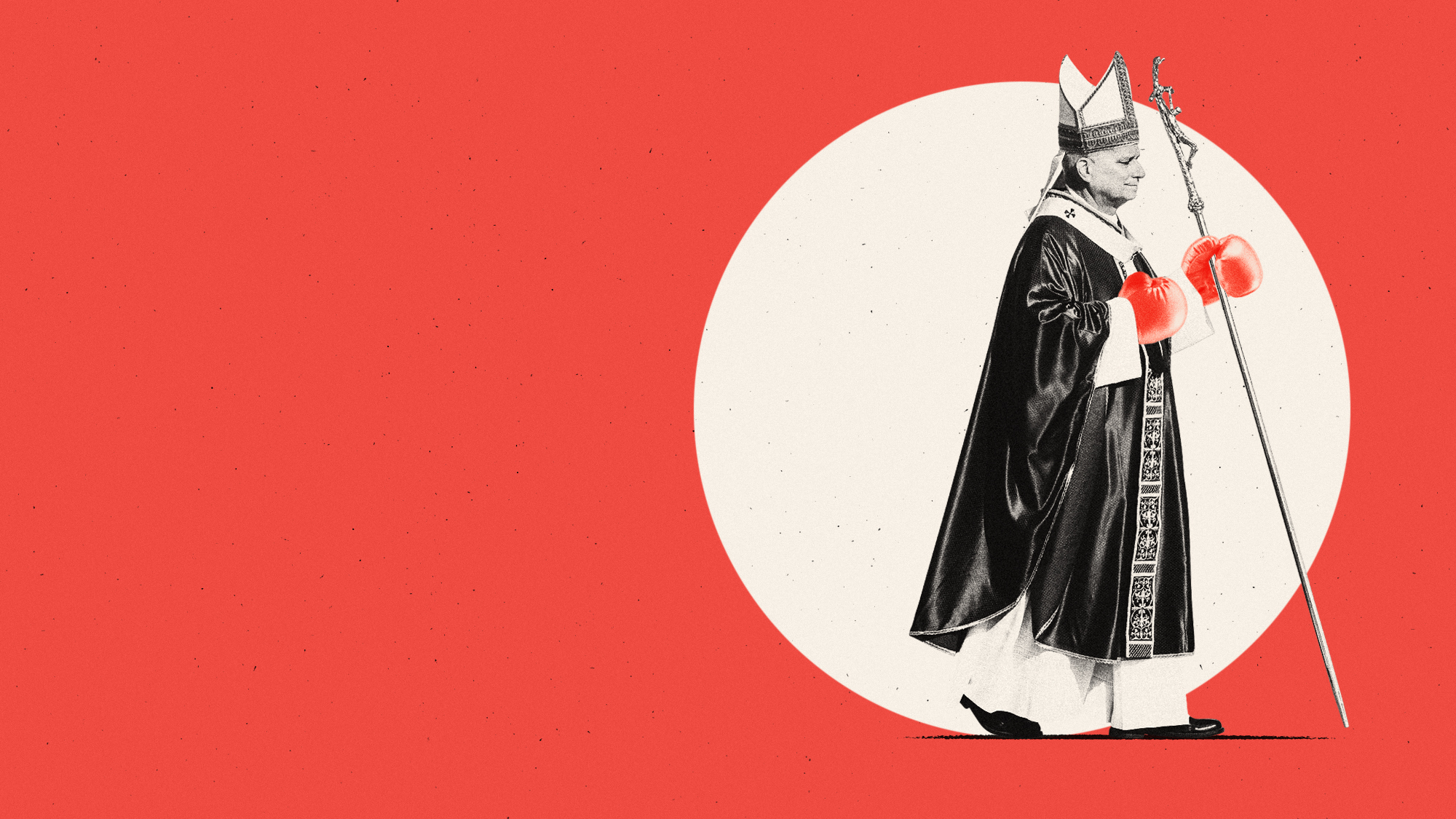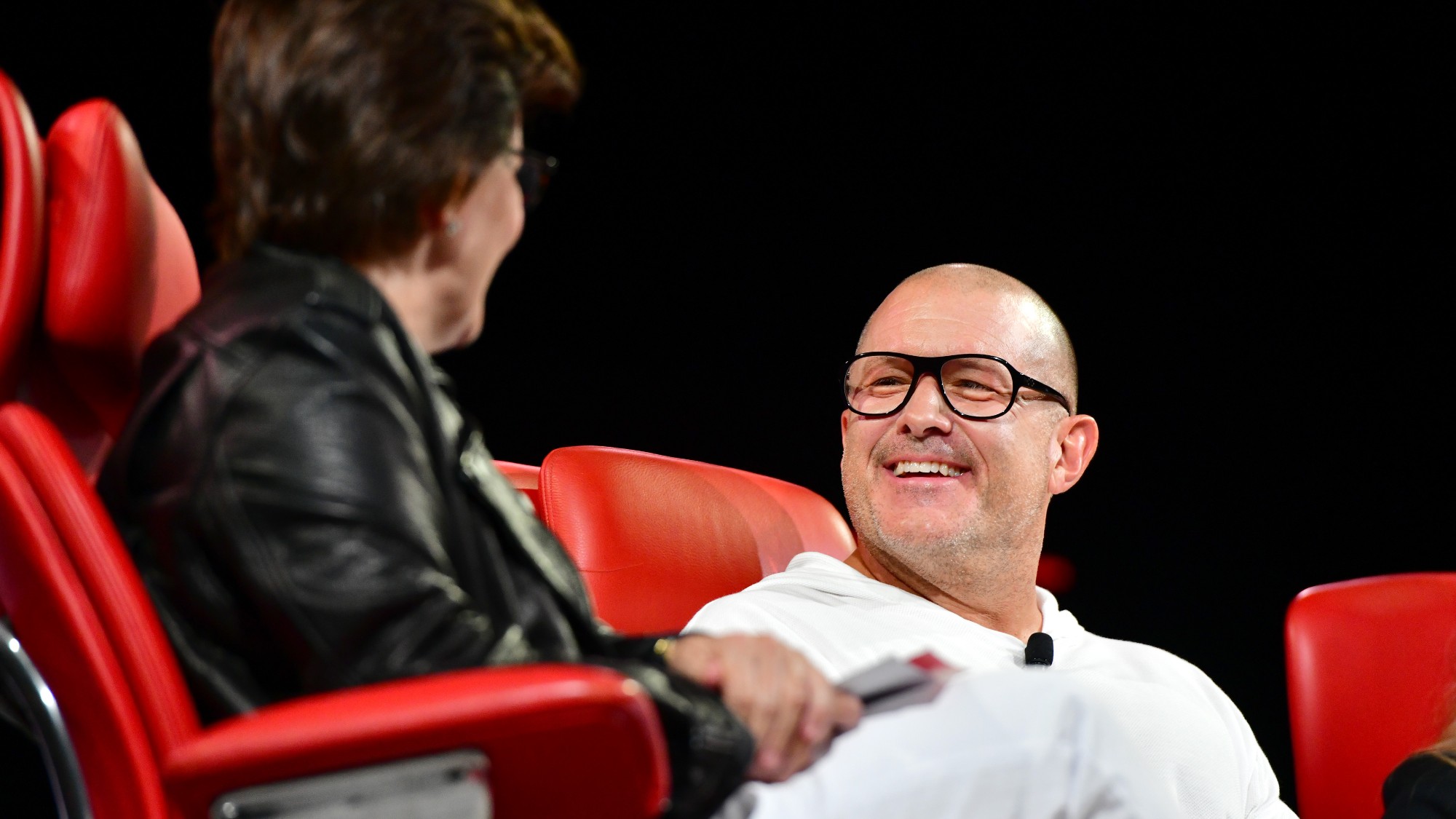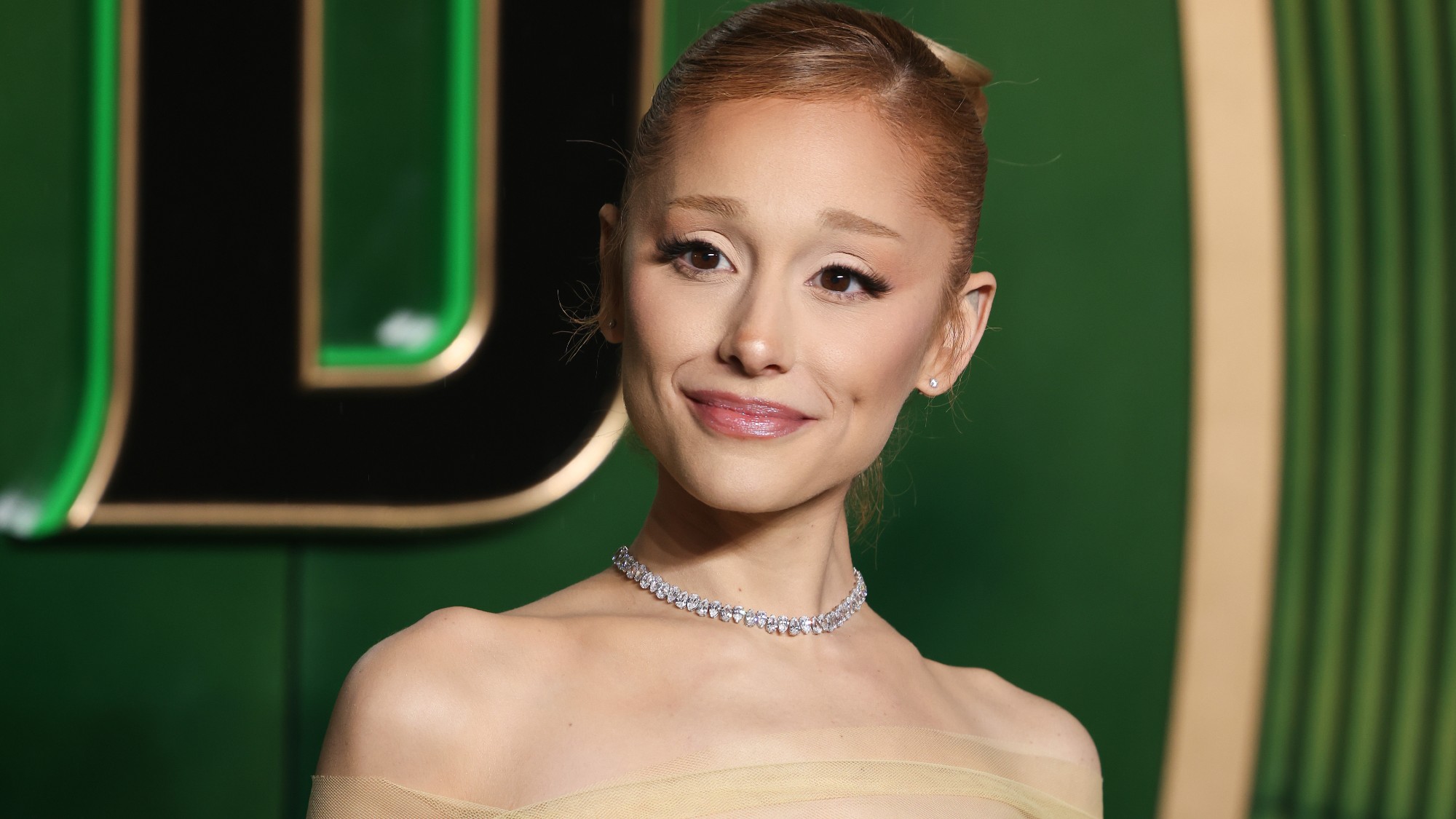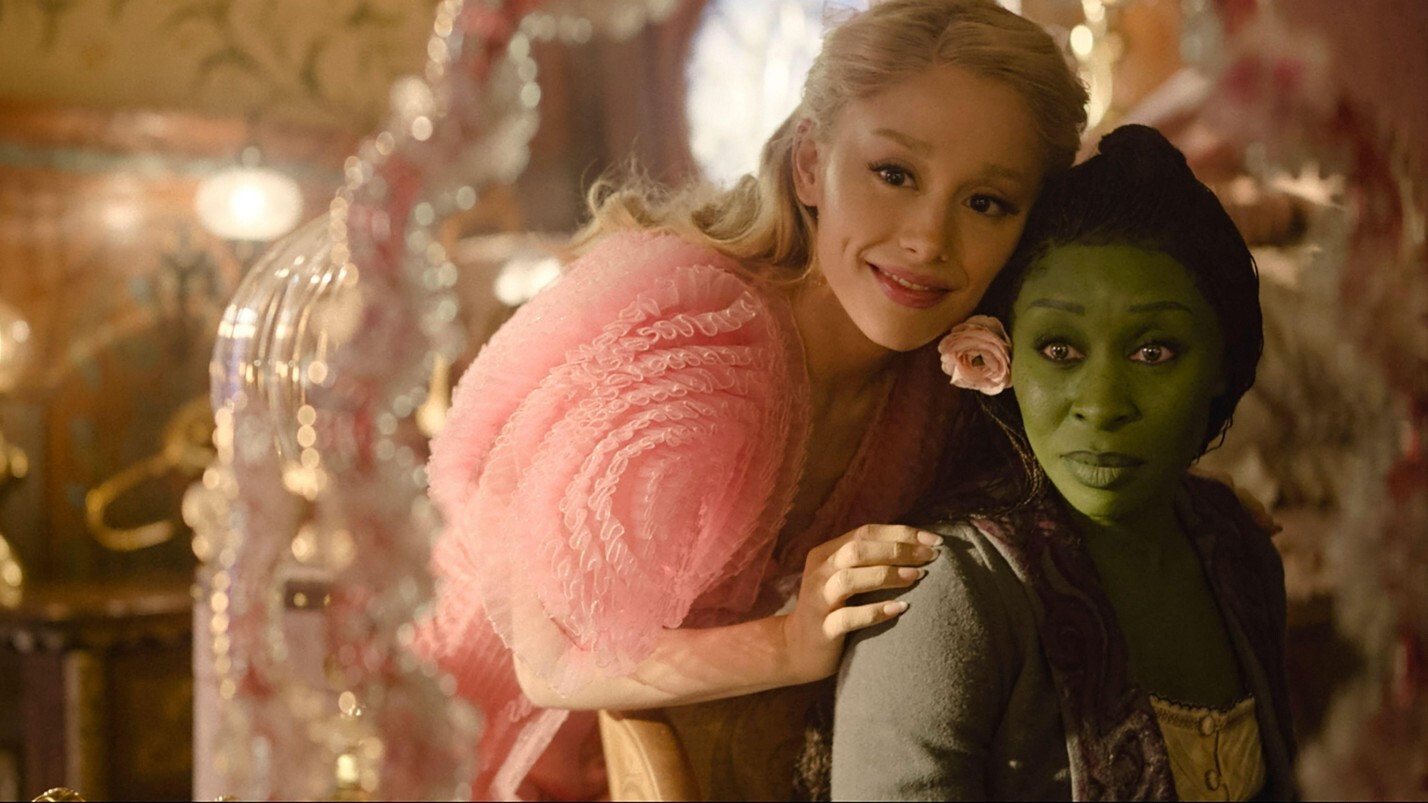Ed Sheeran won his plagiarism case. That's good for the future of music.


A free daily email with the biggest news stories of the day – and the best features from TheWeek.com
You are now subscribed
Your newsletter sign-up was successful
It's big day for Ed Sheeran. In a ruling issued on Wednesday, a British court dismissed accusations that the pop star engaged in copyright infringement with his hit "Shape of You." Songwriters Ross Donoghue and Sami Chokri (who performs as Sami Switch) had argued Sheeran copied parts of their 2015 track "Oh Why," but the judge found these claims to be unsupported, noting comparable elements in a wide range of popular music and accepting Sheeran's contention that he had not heard "Oh Why" when he and his producers were writing "Shape of You."
You don't have to be a Sheeran fan to see the ruling as good news. At least since 2015, when a U.S. court found Robin Thicke plagiarized Marvin Gaye's song "Got to Give It Up," songwriters, performers, and record labels have become more vigilant about possible copyright infringement. The result, they claim, is less experimentation and more preemptive vetting by experts trained to detect even unintentional similarities to other material.
The case for rigorous policing is that it protects creators from being ripped off by more prominent artists. That's true in some cases. But claims of intellectual property are complicated by the copyright terms that substantially exceed the life of the original authors. It makes sense to ensure that this year's hit can't be imitated next year. The benefits of protecting that material decades later are less clear. After all, it's not Gaye himself making claims against Thicke — or Sheeran, in another major suit. It's his estate, which is still collecting royalties nearly forty years after the singer's death in 1984.
The Week
Escape your echo chamber. Get the facts behind the news, plus analysis from multiple perspectives.

Sign up for The Week's Free Newsletters
From our morning news briefing to a weekly Good News Newsletter, get the best of The Week delivered directly to your inbox.
From our morning news briefing to a weekly Good News Newsletter, get the best of The Week delivered directly to your inbox.
The danger of excessive copyright enforcement is heightened when major corporations buy up artists' catalogs. In these cases — including the work of David Bowie and Bruce Springsteen — it's not artists or even their heirs but shareholders who have an interest in shutting down any hint of plagiarism. This isn't a protection for creativity; it's rent-seeking.
Copyright lawsuits aren't the sole reason the music industry seems so stagnant. As the critic Ted Gioia pointed out in an essay earlier this year, a range of incentives favor the endless marketing of old stars and old hits over taking risks with new artists, material, or styles. But the Sheeran judgment might help relieve some of the legal anxieties that threaten the artistic process. Now let's see what happens to Dua Lipa and Taylor Swift.
A free daily email with the biggest news stories of the day – and the best features from TheWeek.com
Samuel Goldman is a national correspondent at TheWeek.com. He is also an associate professor of political science at George Washington University, where he is executive director of the John L. Loeb, Jr. Institute for Religious Freedom and director of the Politics & Values Program. He received his Ph.D. from Harvard and was a postdoctoral fellow in Religion, Ethics, & Politics at Princeton University. His books include God's Country: Christian Zionism in America (University of Pennsylvania Press, 2018) and After Nationalism (University of Pennsylvania Press, 2021). In addition to academic research, Goldman's writing has appeared in The New York Times, The Wall Street Journal, and many other publications.
-
 How the FCC’s ‘equal time’ rule works
How the FCC’s ‘equal time’ rule worksIn the Spotlight The law is at the heart of the Colbert-CBS conflict
-
 What is the endgame in the DHS shutdown?
What is the endgame in the DHS shutdown?Today’s Big Question Democrats want to rein in ICE’s immigration crackdown
-
 ‘Poor time management isn’t just an inconvenience’
‘Poor time management isn’t just an inconvenience’Instant Opinion Opinion, comment and editorials of the day
-
 Is a social media ban for teens the answer?
Is a social media ban for teens the answer?Talking Point Australia is leading the charge in banning social media for people under 16 — but there is lingering doubt as to the efficacy of such laws
-
 Why are American conservatives clashing with Pope Leo?
Why are American conservatives clashing with Pope Leo?Talking Points Comments on immigration and abortion draw backlash
-
 Questions abound over the FAA’s management of Boeing
Questions abound over the FAA’s management of BoeingTalking Points Some have called the agency’s actions underwhelming
-
 'Immigrant' Superman film raises hackles on the right
'Immigrant' Superman film raises hackles on the rightTALKING POINT Director James Gunn's comments about the iconic superhero's origins and values have rankled conservatives who embrace the Trump administration's strict anti-immigrant agenda
-
 Disney is still shielding Americans from an episode of 'Bluey'
Disney is still shielding Americans from an episode of 'Bluey'Talking Points The US culture war collides with a lucrative children's show
-
 Jony Ive's iPhone design changed the world. Can he do it again with OpenAI?
Jony Ive's iPhone design changed the world. Can he do it again with OpenAI?Talking Points Ive is joining OpenAI, hoping to create another transformative piece of personal technology. Can lightning strike twice?
-
 Is method acting falling out of fashion?
Is method acting falling out of fashion?Talking Points The divisive technique has its detractors, though it has also wrought quite a few Oscar-winning performances
-
 Wicked fails to defy gravity
Wicked fails to defy gravityTalking Point Film version of hit stage musical weighed down by 'sense of self-importance'
